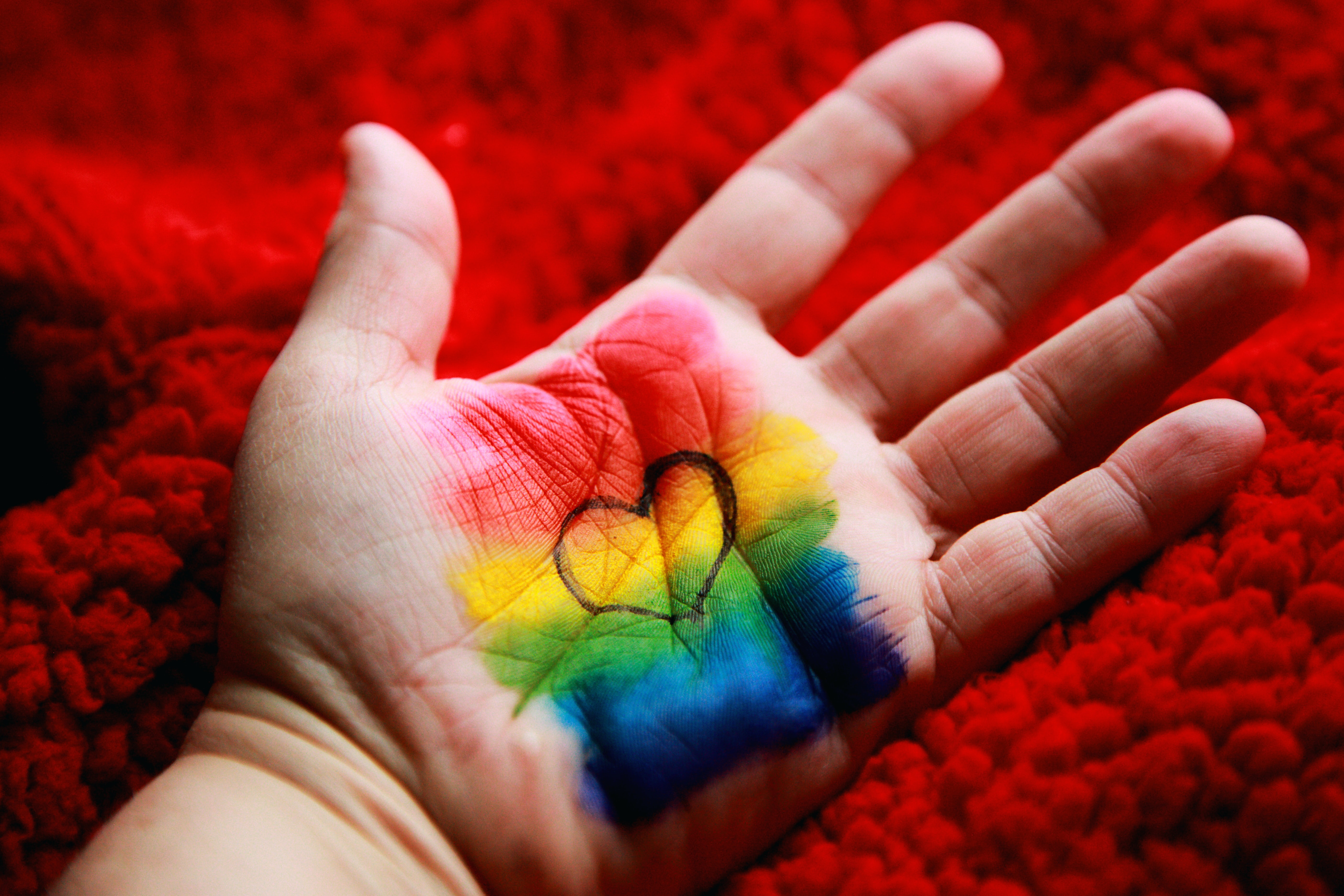 COVID-19 has affected all communities in some way, economically, physically,and mentally. New data released by the HRC and PSB research found that “LGBTQ people are more likely to have experienced a cut in work hours, are more likely to feel that their personal finances are in worse shape and are more likely to be taking steps to actively prepare for the virus.”
COVID-19 has affected all communities in some way, economically, physically,and mentally. New data released by the HRC and PSB research found that “LGBTQ people are more likely to have experienced a cut in work hours, are more likely to feel that their personal finances are in worse shape and are more likely to be taking steps to actively prepare for the virus.”
Gail Trauco, R.N., OCN-BSN, with Medical Bill 911, believes many in the LGBTQ community experience occupational segregation in their early years after coming out to families and friends. She says, “financial independence is often required [early on] if families are unaccepting and unsupportive of LGBTQ [family members]. Primary places of employment are service industries such as restaurants, bars, hair salons, and retail. These closed during shelter-in-place and continue to be financially impacted by the pandemic. This resulted in a cut in work hours and devastated personal finances.”
Nadia Ibrahim-Taney, M.E., MA is a university career coach and lecturer that identifies as part of the LGBTQ community. She agrees with the study findings that the community was hit particularly hard during the pandemic from a health and financial perspective. “For many LGBTQ youth, they must decide to either come out and live their authentic lives or hide in the closet in disapproving or unwelcoming families,” said Ibrahim-Taney. “Often the decision to come out is based on two elements: do I feel physically and emotionally safe to do so and if my family rejects me, how will I financially support myself? Many times when LGBTQ folks come out, their families stop providing financial support so they must get jobs right away which are typically in low wage, unskilled labor positions.”
Ibrahim-Taney also commented on industries, like the restaurant and retail sectors, that were hit hard by the virus, making hours hard to come by for LGBTQ community members. But even during good times this is tough work. “Many companies in these industries do not offer health benefits so you people experience a decrease in pay at the same time they pay out-of-pocket health expenses.”
Trauco notes that “LGBTQ millennials who do attend college may do so at a later age due to their early financial independence.” As a result, Ibrahim-Taney said “professional, white-collar, positions are not an option for many LGBTQ individuals since they do not receive financial support from their families and therefore don’t go to college, making professional careers often out of reach. Without the stable salaries, benefits like sick time or mental health days, it puts many in the community at a unique financial and health disadvantage compared to the broader population.”
Nicole Arzt, LMFT, advisory board member for Family Enthusiast, believes it’s more than the type of employment that presents a challenge. She points to the microaggressions that still prevail in society as a reason this community may be hit harder than most. “In times of disaster, we can become more racist, homophobic, and sexist,” said Arzt. “Instead of recognizing our fear, we project onto other people, leading to more prejudice and discrimination. It's hard to address because most people don't even recognize they're doing it. But they're subtly favoring certain employees over others.”
But there is some good happening as communities support each other. Trauco pointed to specific opportunities by LGBTQ entrepreneurs to create a safe space in the community. “Their battle to create inclusive workplaces generated new businesses created during COVID,” said Trauco. “Online opportunities available through Etsy or Shopify provide immediate revenue. For example, Etsy has a dedicated LGBTQ owned portal for gift guides, design ideas, and inspiration. Holly Ridell, CEO of LIMI, conducts a weekly Facebook Live to motivate members of the LGBTQ community and openly discuss challenges during COVID-19. Others turned to AirBNB to rent their apartments or extra bedrooms during the pandemic to create cash flow. Other displaced LGBTQ workers have become remote contractors for companies such as Pandora or Sirius XM.”
And others in the community are finding ways to look on the bright side. Kyle Elliott, MPA, CHES, founder and career coach for CaffeinatedKyle.com said, “I live with several mental health challenges. The pandemic has allowed me space to slow down and prioritize self-care and self-love.”
Tina Arnoldi, MA is a marketing consultant and freelance writer in Charleston SC. Learn more about her and connect at TinaArnoldi.com